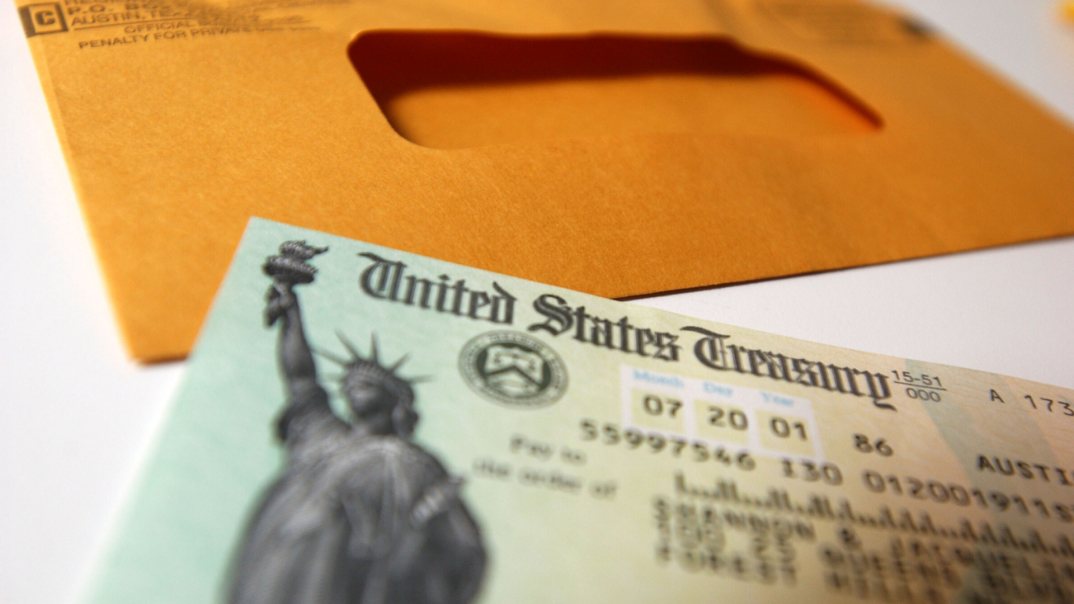The federal government sent $1.4B in stimulus checks to deceased people
The IRS does not yet have a plan in place to try to recover the money but does provide instructions on how to send it back

While the Black community continues to be disproportionately affected by COVID-19, both medically and financially, it has been revealed that over a million Americans who had died were still sent coronavirus stimulus payments totaling $1.4 billion.
READ MORE: Wealthy hospitals get billions in COVID-19 money, says new report
In March, Congress passed a $2 trillion stimulus package, called the CARES Act, which was intended to mitigate the economic blow of the coronavirus pandemic for American workers and businesses.
However, Thursday, a government watchdog group released a report to Congress that highlights what some believe has been a disjointed rollout by the Internal Revenue Service and the Treasury Department of more than 160 million payments worth $269 billion.
The finding was part of an in-depth review of the federal government’s response to the COVID-19 pandemic conducted by the Government Accountability Office, an independent nonpartisan congressional agency.
According to NBC News, “There was an initial backlog when the IRS began sending the first round of payments and relatives of dead Americans all over the country said they received coronavirus relief payments from the on behalf of the loved one. Families initially believed they could keep the payments, but the IRS updated its guidance in May to say that people who have died do not qualify for the coronavirus relief payments and ‘should be returned to the IRS.'”
READ MORE: Scams on the rise during coronavirus pandemic
The GAO also pointed out that as of now the IRS still does not currently have a plan in place to notify ineligible recipients. This is particularly alarming, given that that group includes the relatives of almost 1.1 million deceased Americans who received a payment as of April 30.
The agency suggested that the IRS consider “cost-effective options” for notifying ineligible recipients on how to return payments, which the IRS agreed to do.
Other ineligible recipients who need to return the payment are those who received money on behalf of anyone who is incarcerated. However, if you are a married taxpayer who filed a joint return with a spouse who is incarcerated, you only need to return their portion.
Have you subscribed to theGrio’s new podcast “Dear Culture”? Download our newest episodes now!
https://open.spotify.com/episode/0RCfxfB5wJmOf0n18l2pEk
https://open.spotify.com/episode/7EqV56xsXcxMaCQhYDdQhc
https://open.spotify.com/episode/71nhtCniY10lItS1qwhmlt
